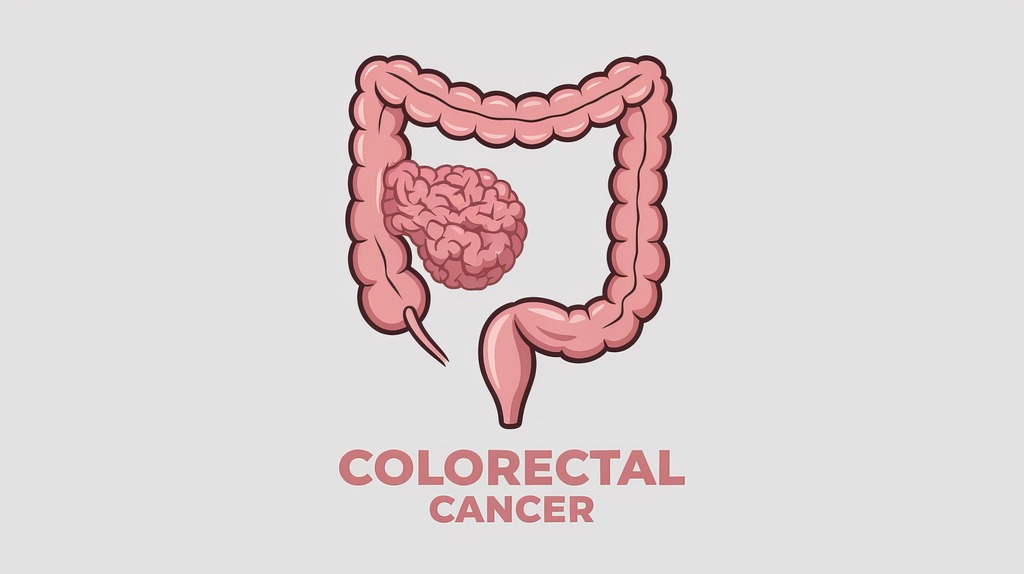Anal cancer, although less common than other cancers, poses significant health challenges and can impact quality of life. Understanding this condition and the role of a colorectal surgeon in Glendale is vital for patients facing a diagnosis. This article explores the causes, symptoms, diagnosis, treatment options, and the importance of seeking care from a qualified colorectal doctor in Glendale.
What is Anal Cancer?
Anal cancer occurs in the tissues of the anus, the opening at the end of the digestive tract. The most common type is squamous cell carcinoma, often linked to certain risk factors, including human papillomavirus (HPV) infection, smoking, and a history of anal dysplasia. Awareness of the signs and symptoms of anal cancer is critical, as early detection can lead to more effective treatment.
Symptoms of Anal Cancer
Common symptoms of anal cancer include:
- Bleeding: Rectal bleeding is one of the most frequent symptoms and may occur due to growths or lesions in the anal area.
- Pain or Discomfort: Persistent pain or discomfort around the anus can be indicative of anal cancer.
- Lumps or Growths: The presence of lumps or growths near the anal region should be evaluated by a medical professional.
- Changes in Bowel Habits: This includes narrowing of the stool, constipation, or diarrhea.
- Itching: Persistent itching around the anus can signal potential issues.
Anyone experiencing these symptoms should consult a colorectal doctor in Glendale for evaluation.
Risk Factors for Anal Cancer
Several risk factors can increase the likelihood of developing anal cancer:
- HPV Infection: Particularly in types 16 and 18, HPV is a significant risk factor linked to anal cancer.
- Smoking: Tobacco use is associated with a higher risk of various cancers, including anal cancer.
- Age: Most cases are diagnosed in individuals over 50.
- Immune Suppression: People with weakened immune systems, including those with HIV/AIDS or organ transplant recipients, face a heightened risk.
- History of Anal or Cervical Dysplasia: Previous abnormal cell growth in the anal or cervical region increases the likelihood of anal cancer.
Diagnosis of Anal Cancer
Diagnosis typically involves several steps:
- Medical History and Physical Examination: A thorough assessment of symptoms and risk factors is essential.
- Digital Rectal Exam (DRE): This examination allows the doctor to feel for abnormalities in the anal region.
- Biopsy: A biopsy may be performed to collect tissue samples for laboratory analysis if abnormalities are detected.
- Imaging Tests: MRI or CT scans may be conducted to determine the extent of the cancer.
Treatment Options for Anal Cancer
Treatment for anal cancer depends on the disease stage and the patient’s overall health. A colorectal doctor in Glendale may recommend one or more of the following options:
- Surgery: Surgical intervention may involve removing the tumor or, in more severe cases, a partial or complete removal of the anus.
- Radiation Therapy: Often combined with surgery, radiation therapy can help shrink tumors and kill cancer cells.
- Chemotherapy: Chemotherapy uses medications to kill cancer cells and is frequently used alongside radiation therapy for aggressive cases.
- Targeted Therapy: Targeted therapies focus on specific characteristics of cancer cells, offering a personalized approach to treatment.
- Clinical Trials: Patients may consider participating in clinical trials to access innovative therapies.
The Importance of a Colorectal Surgeon in Glendale
Choosing a qualified colorectal surgeon in Glendale is essential for optimal care in anal cancer cases. These specialists have the training and experience to manage complex cases effectively. Their expertise extends beyond surgery, encompassing comprehensive treatment planning and ongoing patient management.
Dr. Armen Gregorian, MD, exemplifies the commitment to personalized care, ensuring patients receive the support and expertise needed throughout their treatment journey.
Coping with a Diagnosis
A diagnosis of anal cancer can be overwhelming. Patients are encouraged to seek support from healthcare professionals, support groups, and mental health counselors. Open communication with the colorectal doctor in Glendale is vital for addressing concerns and developing a comprehensive treatment plan.
FAQs
1. What are the early symptoms of anal cancer?
Early symptoms may include rectal bleeding, pain around the anus, lumps or growths, changes in bowel habits, and persistent itching.
2. How is anal cancer diagnosed?
Diagnosis typically involves a medical history review, physical examination, digital rectal exam, biopsy, and imaging tests.
3. What treatment options are available for anal cancer?
Treatment options include surgery, radiation therapy, chemotherapy, targeted therapy, and participation in clinical trials.
4. How can I reduce my risk of anal cancer?
Reducing risk involves HPV vaccination, quitting smoking, maintaining a healthy diet, regular exercise, and discussing screenings with your doctor.
5. Why is it important to see a colorectal surgeon?
Colorectal surgeons specialize in managing anal cancer and can provide personalized treatment plans, ensuring optimal care and outcomes.
Conclusion
Understanding anal cancer is crucial for early detection and effective treatment. The role of a colorectal surgeon in Glendale is pivotal in diagnosing and managing this condition. With advancements in treatment options and a multidisciplinary approach to care, patients can achieve better outcomes and improve their quality of life. Anyone experiencing symptoms related to anal cancer should promptly seek the expertise of a qualified colorectal doctor in Glendale. Early intervention can make a significant difference in prognosis and treatment success.




